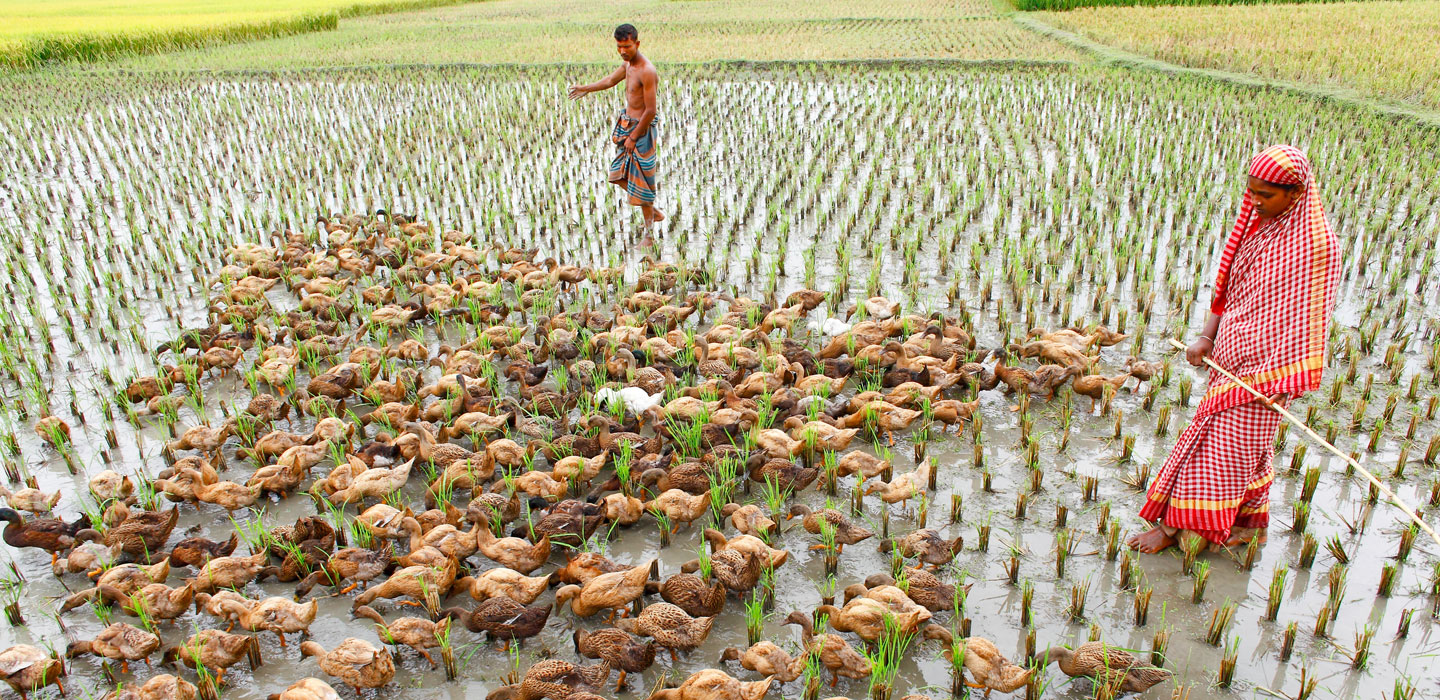On the UN’s 75th anniversary, IFAD joins the call for greater global cooperation and solidarity
IFAD Asset Request Portlet
Asset Publisher
On the UN’s 75th anniversary, IFAD joins the call for greater global cooperation and solidarity
Estimated reading time: 2 minutes
This year marks the 75th anniversary of the United Nations, an organization built out of the ashes of the Second World War with a commitment to bring nations together to preserve peace and security and improve lives. IFAD is symbolic of that commitment.
A specialized agency of the United Nations, IFAD was one of the major outcomes of the 1974 World Food Conference – organized by the United Nations in response to the food crises of the early 1970s, when global food shortages were causing widespread famine and malnutrition. World leaders recognized that food insecurity and famine were not so much failures of food production, but were instead indicative of structural problems relating to poverty. This was compounded by the fact that the majority of the world’s poor lived in rural areas.
Since the mid-1970s, IFAD’s work has reached hundreds of millions of people and improved countless lives. As the world’s only specialized global development organization dedicated to transforming agriculture, food systems and rural economies, IFAD goes where few others go, working where poverty and hunger are deepest: in the most remote regions of developing countries and fragile situations.
IFAD recognizes that agriculture is a proven engine for poverty reduction, and that prosperous local economies are the bedrock of resilient communities. By investing in small-scale farmers and connecting them to the opportunities and tools they need, IFAD helps them not only provide food but spur economic activity and growth, promoting a lasting stability that radiates throughout societies. In this way, IFAD’s work not only reduces global hunger and poverty but also contributes to maintaining widespread peace and security, the founding principle that underpins all of the United Nations’ actions across the globe.
As we entered 2020, IFAD and the broader United Nations community recognized that there was still much work left to do to achieve the Sustainable Development Goals by 2030. Despite decades of progress, poverty and hunger remain stubbornly entrenched in some areas. Meanwhile, the changing climate and the coronavirus pandemic not only complicate our efforts to address these problems, they threaten our very food systems – putting humanity’s most basic need in danger and raising the spectre of a global food crisis, and the potential for conflict and division it would bring, once again.
IFAD and the United Nations believe that, just as in previous decades, these challenges cannot be addressed without coming together to support each other and share solutions. In recognition of this, and in conjunction with celebrating its 75th year, the United Nations has launched a new campaign – “The Future We Want, The UN We Need: Reaffirming our collective commitment to multilateralism” – to advocate for greater solidarity and international cooperation.
Similarly, IFAD recognizes that investing in rural people is more critical than ever for fostering the global resilience needed to respond to these challenges. As part of its Twelfth Replenishment, it has called upon Member States and other global partners to invest in rural prosperity. IFAD knows that directly supporting small-scale producers – the cornerstone of our global food system – can set the stage for lasting positive changes worldwide, and it is committed to providing a platform for facilitating that change.
Achieving the Sustainable Development Goals while responding to the coronavirus pandemic will require unprecedented international cooperation and innovative approaches from governments, the private sector, non-governmental organizations and civil society. As we celebrate the United Nations’ 75th anniversary, IFAD joins its call for greater multilateralism and global cooperation – and it stands ready to support the United Nations as the central global platform for fostering that cooperation.
Publication date: 22 September 2020